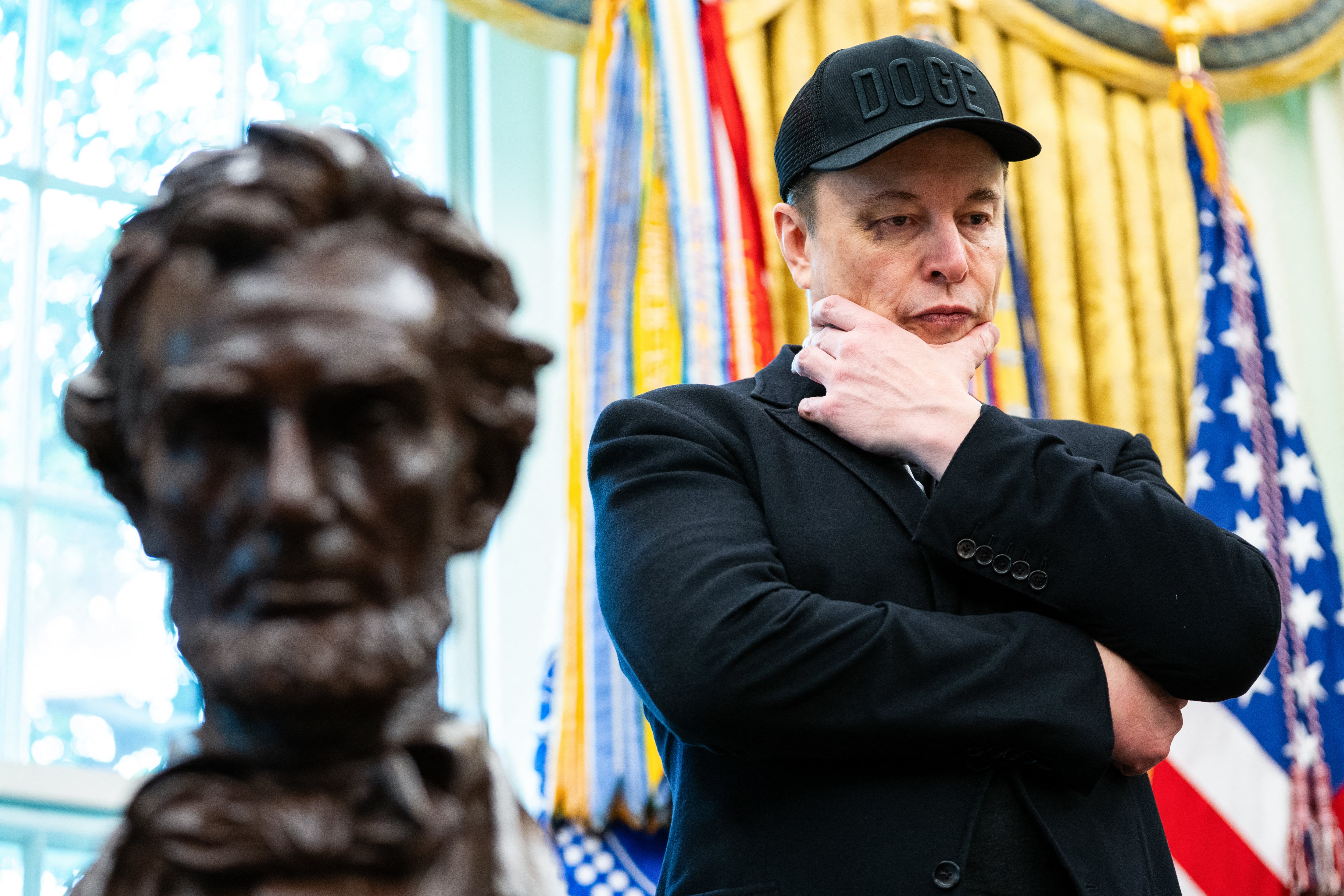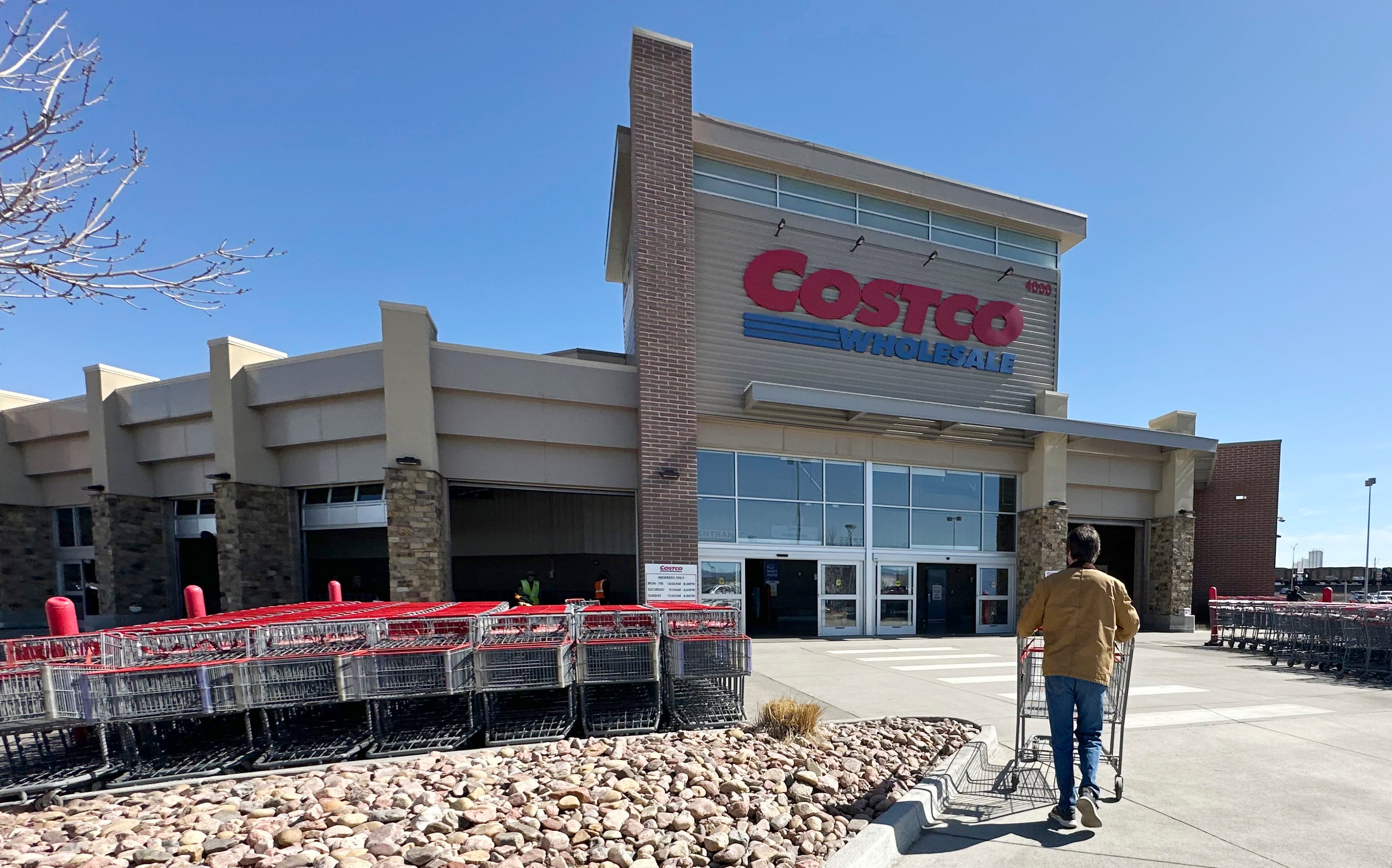*By Bridgette Webb* Artificial intelligence capabilities have grown exponentially in recent years, and the industry may soon disrupt the asset management sector. Art Amador, EquBot co-founder and COO, is confident the growth will continue ー primarily because machines do all that humans cannot. "It's impossible for even an army of research analysts to really do what the machine is doing," Amador said Monday in an interview on Cheddar. "The high-level concept is that the A.I. mimics the investment process of an army of research analysts that are working around the clock." Launched in 2017, EquBot's AIEQ became the first exchange traded fund to use A.I. technology for stock selection. The fund's introduction coincides with major traction for A.I. on Wall Street. Banking titans like Morgan Stanley and Wells Fargo have launched programs that help analysts with earnings reports and issue stock trade recommendations. The ETF is up 14 percent so far this year, outpacing the S&P 500. But the promise of A.I. also stirs the anxiety of finance workers. According to a survey by [Greenwich Associates](https://www.greenwich.com/press-release/artificial-intelligence-coming-disruption-wall-street), finance jobs are among the most at-risk from A.I. Despite the potential for job loss, Amador still maintains that A.I. will lead to more possibility, not less. "A.I. is more of a tool," he said. "So we believe it's going to make people more productive. A portfolio manager can manage, instead of four or five portfolios, maybe 20. Or an analyst, instead of covering 30 names, could cover 300 names." For full interview [click here](https://cheddar.com/videos/why-tesla-bull-ross-gerber-says-he-is-standing-by-automaker).












